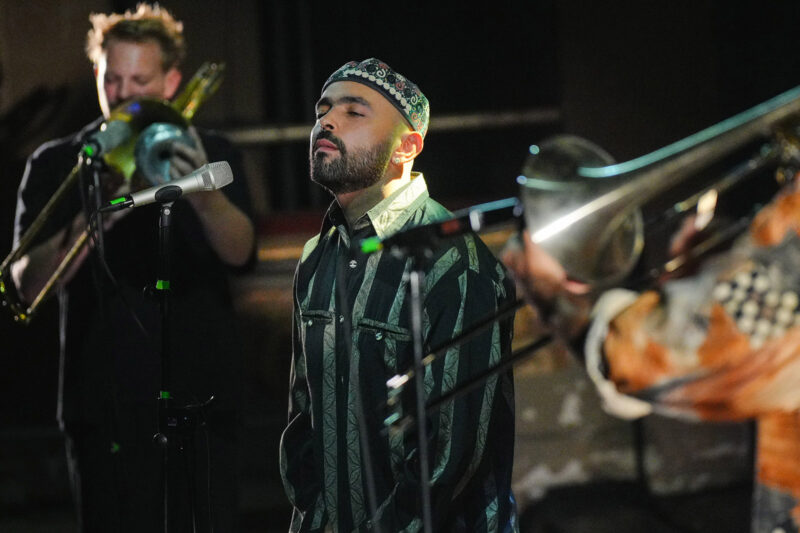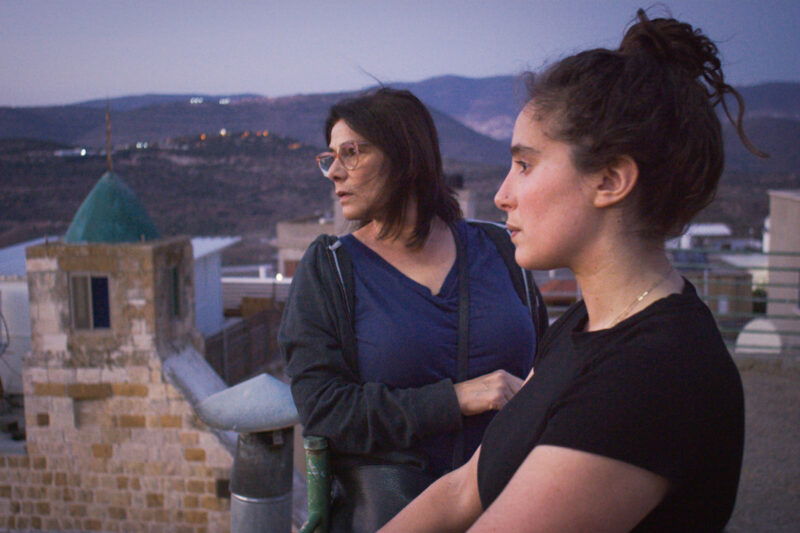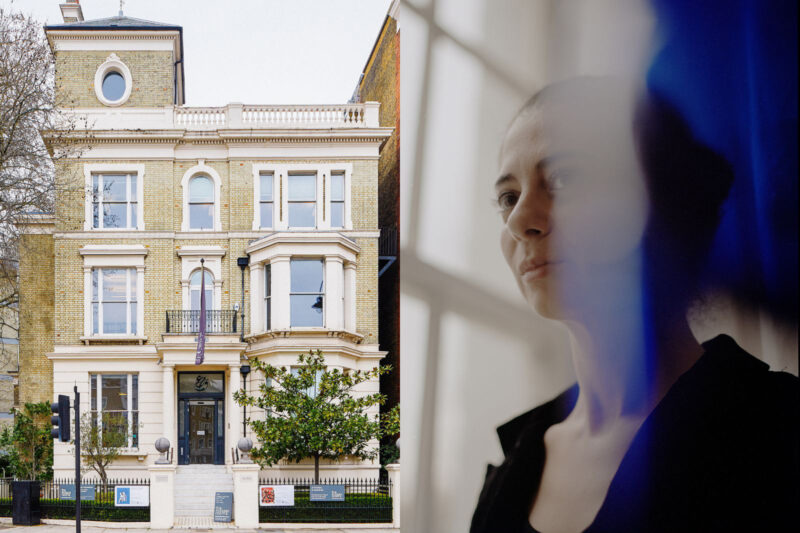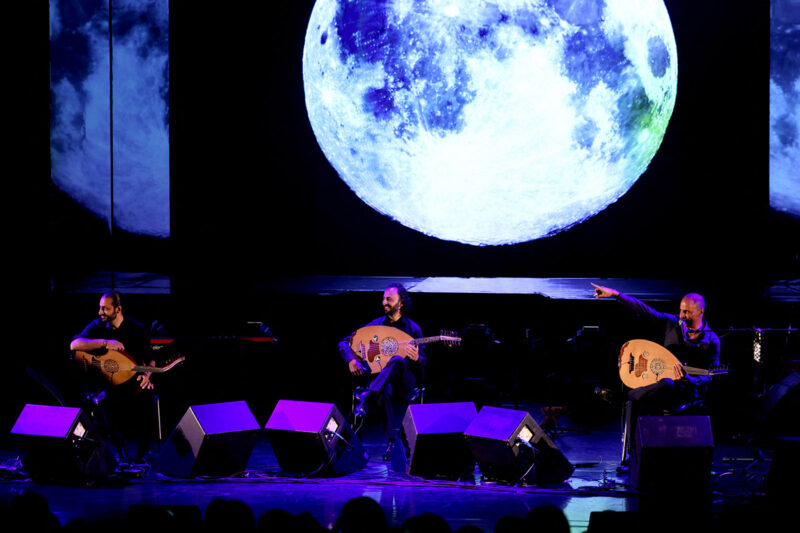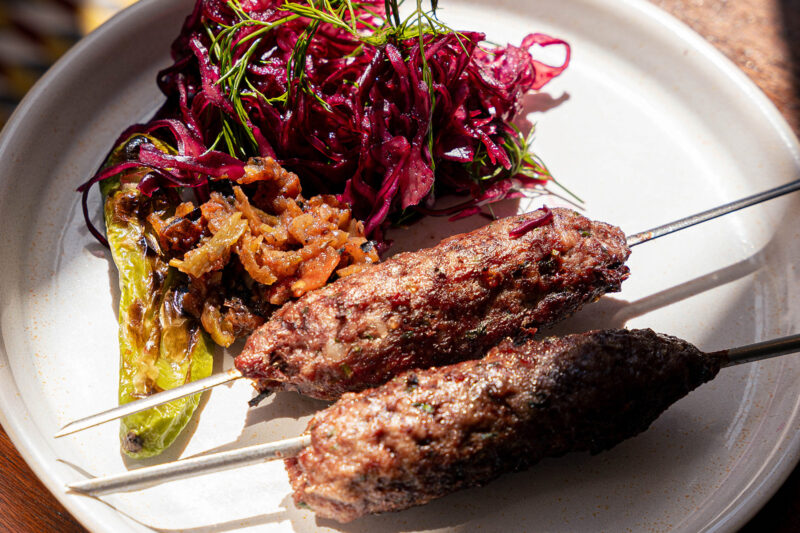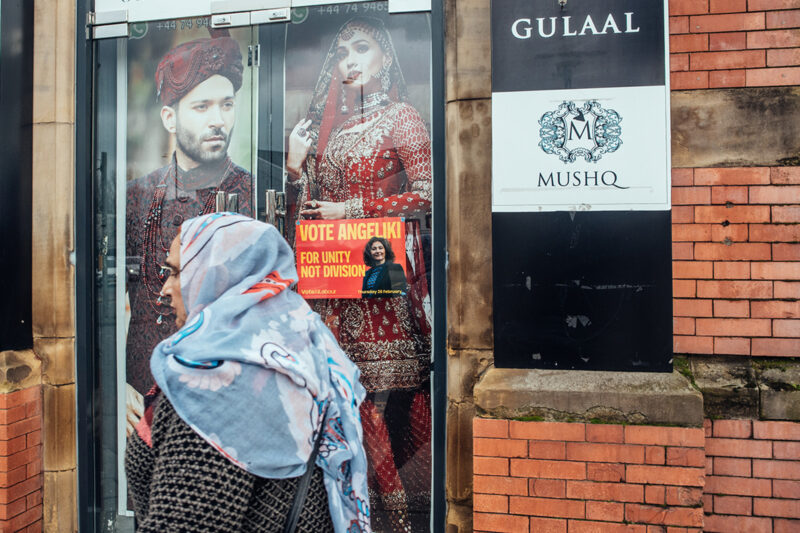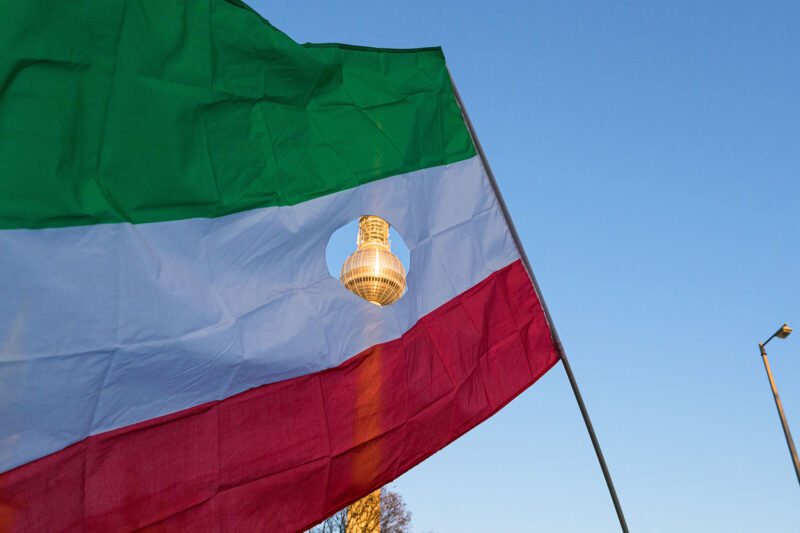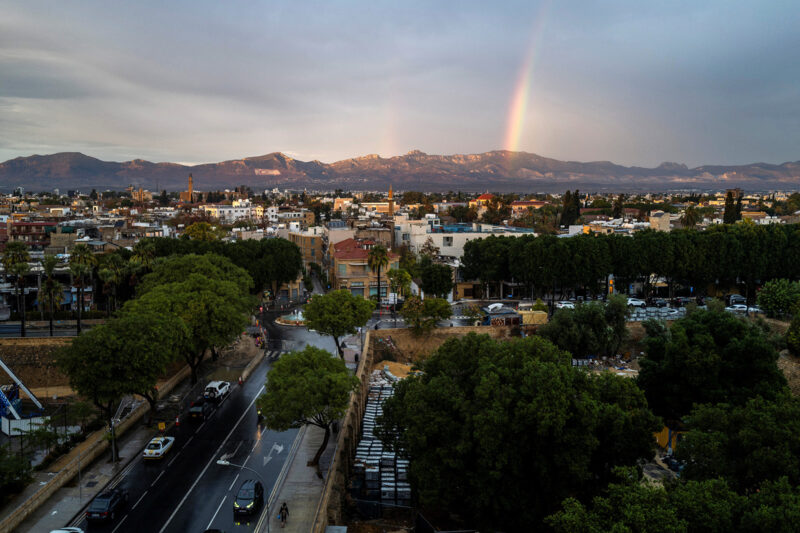Why is the French government so worried about the Muslim Brotherhood?
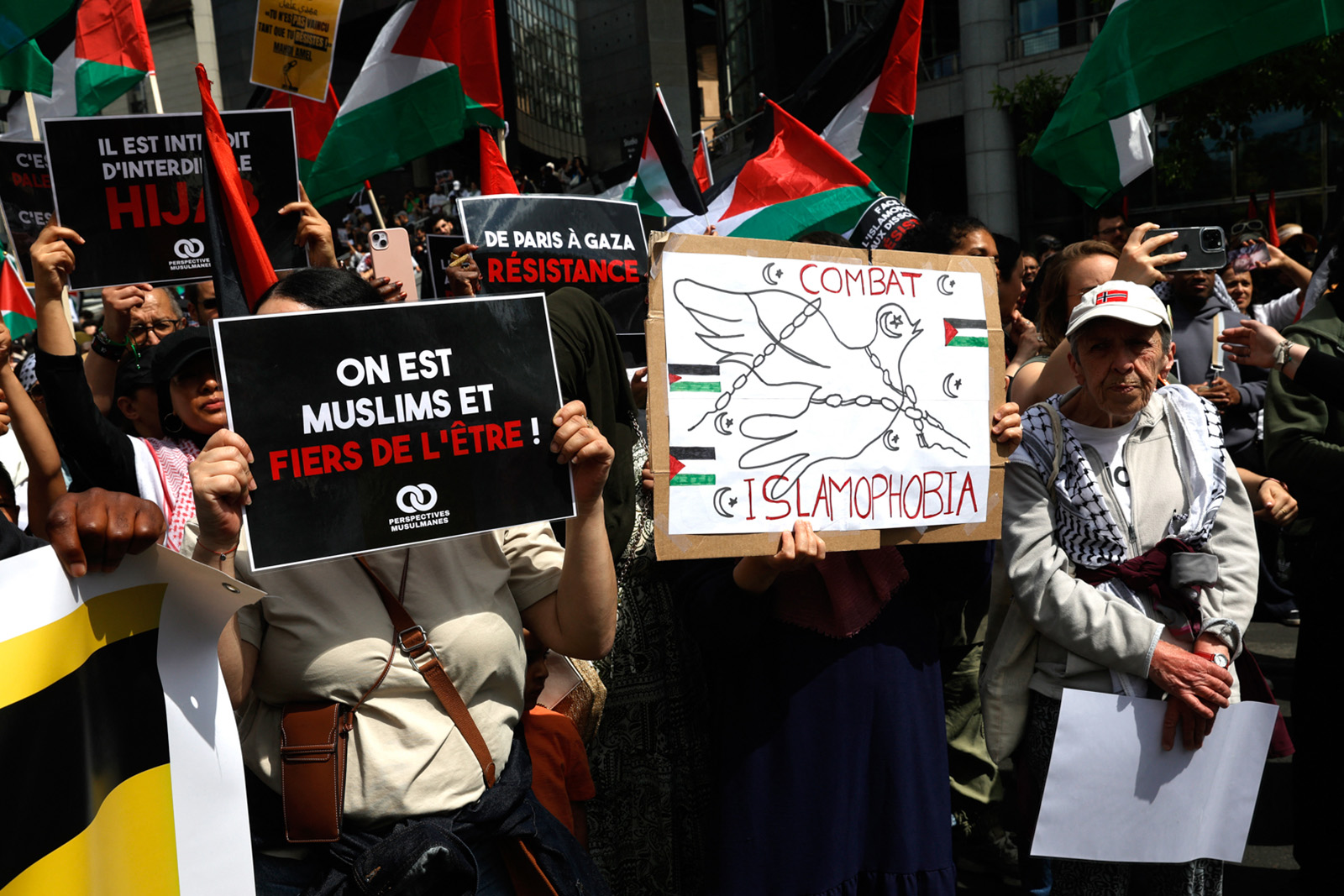
A report by senior civil servants warning that Islamists are infiltrating Europe’s civil and political institutions has caused a furore in Paris. What are their grounds for concern?
A report released by the French government laying out the security risks posed to Europe by the Muslim Brotherhood — an Islamist organisation listed as a terrorist group by several countries — has been branded “alarmist” by leading Muslim commentators.
The report, drawn up by two senior civil servants and presented to the president Emmanuel Macron, warns that the Muslim Brotherhood is infiltrating French institutions and threatens national cohesion. The Islamist group, it says, controls hundreds of mosques as well as large organisations in Brussels and France, which it uses as tools for “political entryism”.
The report’s authors identify the Federation of Muslims of France (FMF) as the Brotherhood’s main actor in France, and say it controls 139 places of worship while being affiliated to a further 68. It runs 280 sporting, education and charitable associations, and 21 schools with an aim to set up “ecosystems at local level” to “structure the lives of Muslims from birth till death”.
The FMF have called the accusations “unfounded”.
Responding to the report, Macron has tasked his government with providing “new proposals” for how to tackle the Islamist threat. Gabriel Attal, leader of the president’s Renaissance party, has suggested banning children under 15 from wearing the hijab in public spaces and making it a criminal offence for parents to oblige their underage daughters to wear the veil.
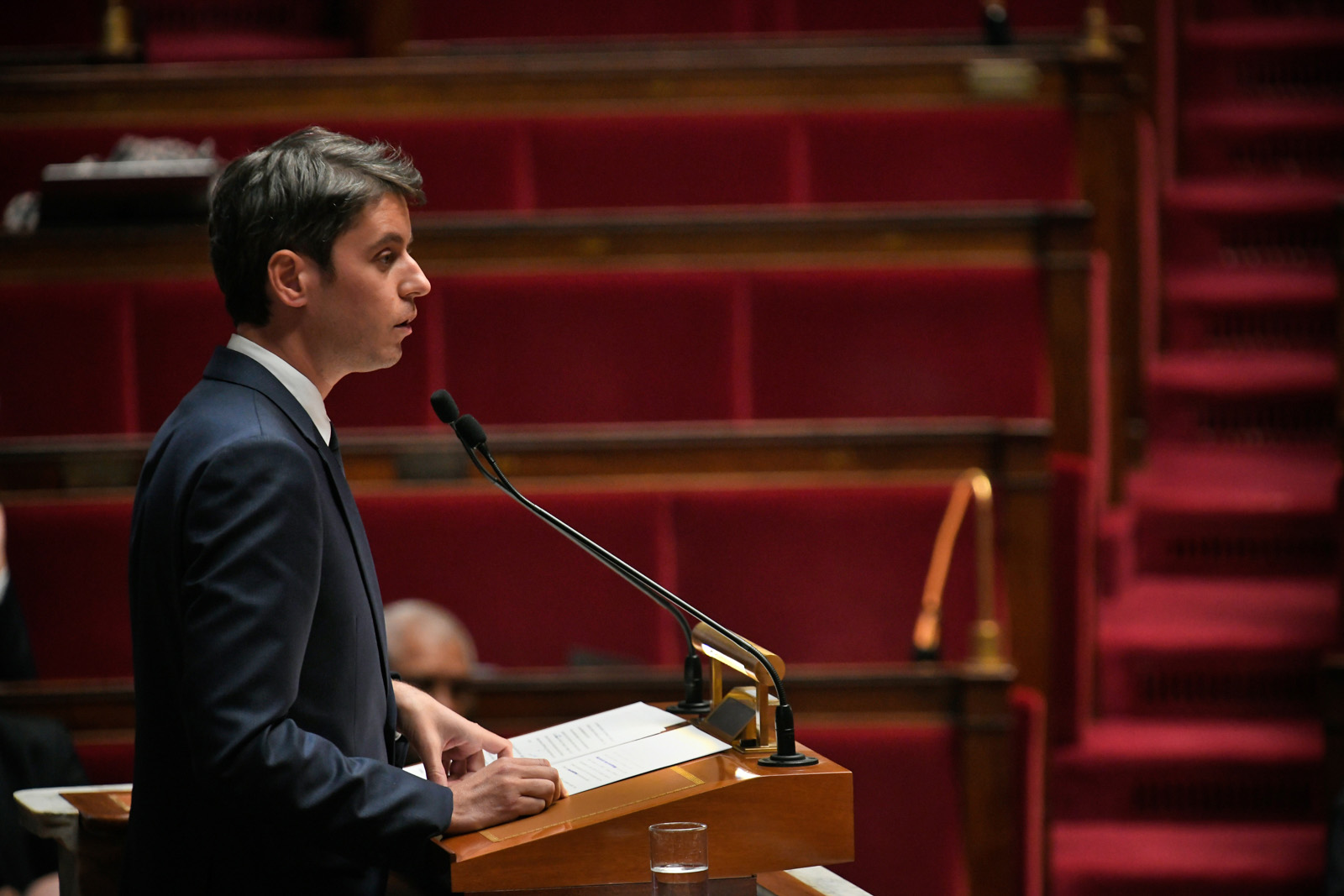
The French Council of the Muslim Faith has warned the report risks “fuelling fantasies and conspiracy theories, the consequences of which are unfortunately very real” and has called for a “clear-eyed assessment” of the threat posed by extremism in France.
What is the Muslim Brotherhood?
The organisation was first established in 1928 in Cairo with the goal of freeing Egypt from British occupation and establishing a political system according to Islamic law. It is the oldest and largest Islamist organisation in Egypt and its political wing in the country, the Freedom and Justice party, won the 2011 presidential election and the most seats in the following year’s parliamentary elections, but was banned in 2014. The Muslim Brotherhood also has several offshoots throughout the Middle East.
While the official attitude of the organisation towards violence and armed struggle has changed over the years, it always combined its activities with charitable and social initiatives, such as funding schools and hospitals, which has earned it support from local populations.
“The Muslim Brotherhood is a civic-political organisation that seeks to reassert Islamic norms, values, and laws in the modern age,” explained Mohammed Hafez, a professor at the department of national security affairs at the Naval Postgraduate School in California. “It believes that the Islamic tradition is a comprehensive one that covers all aspects of life: personal ethics, social relations, education, economics, law and order, and war and peace.
“While the Muslim Brotherhood is not a monolithic movement, generally it prefers to avoid violence, terrorism, and insurrection because those strategies have proven divisive and ineffective. Instead, it prefers gradual social and political change through proselytisation (dawa), social activism, charitable works, and political participation.”
Offshoots of the organisation operate across the Middle East: Hamas in Gaza, the Al-Menber Islamic Society in Bahrain, Islamic Action Front in Jordan, Muslim Brotherhood in Iraq, Ennahda in Tunisia, and Islamic Constitutional Movement in Kuwait.
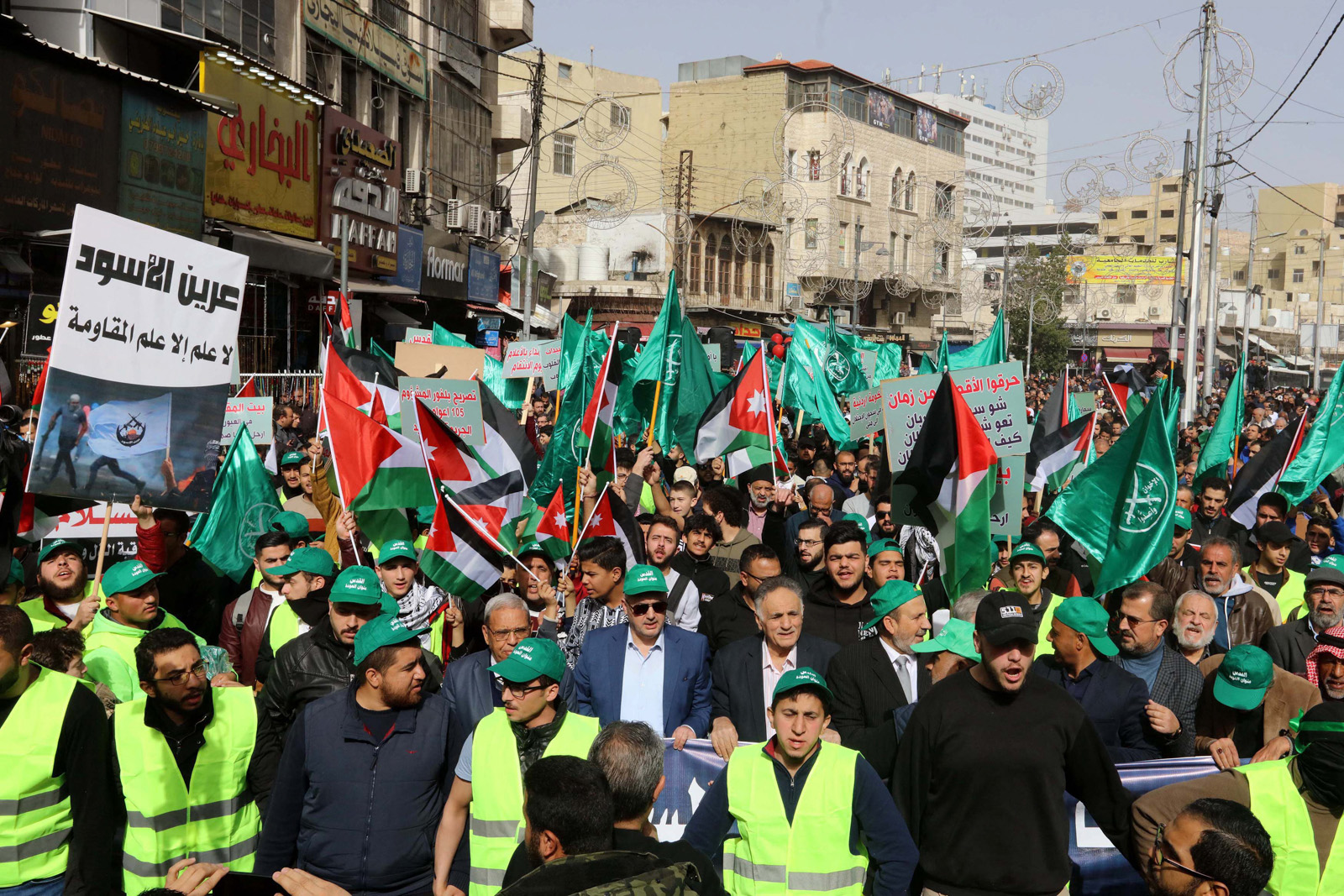
The true extent of the Brotherhood’s influence is difficult to judge as many organisations linked to it deny affiliation or have severed ties. Hamas, for example, pledged to cut ties with the Brotherhood in 2017. The organisation has, throughout its history, forged allyships with different state actors, including Iran, Qatar and Syria.
What is the Muslim Brotherhood doing in Europe?
Members of the Muslim Brotherhood first arrived in Europe in the 1950s, most fleeing the regime of Gamal Abdel Nasser in Egypt, which was cracking down on the organisation. In the 1970s they were joined by foreign students who had been members of the Brotherhood in their home countries.
Its operations in Europe, however, are officially limited to civic and social initiatives, contrary to the report’s warnings of “political entryism”.
“I am not aware of any examples of the Brotherhood organising political parties or winning seats in parliaments [in Europe],” said Hafez.
The report cites several organisations founded by the Brotherhood functioning in Europe — including the Brussels-based Federation of Islamic Organisations in Europe and the Forum of European Muslim Youth and Student Organisations.
However, Joas Wagemakers, associate professor of Islamic and Arabic Studies at Utrecht University in the Netherlands, argues that these are not overtly political groups.
“In the Middle East, the different branches of the Muslim Brotherhood share an Islamist ideology: an Arab, anti-imperialist subculture and a hierarchical structure. In Europe, the Muslim Brotherhood is a movement that shares the organisation’s ideology and subculture, but is not part of its hierarchical structure,” Wagemakers said.
“This partly explains why such organisations usually deny being part of the Brotherhood even though their ideas, their leaders, the speakers they invite and their history places them squarely within the Muslim Brotherhood movement.”
According to Wagermakers the European Brotherhood focuses its activism on advocacy: “It concentrates on fighting Islamophobia, standing up for Muslims’ rights and advocating issues it sees as Islamic, such as the Palestinian cause or its opposition to western involvement in the war in Iraq some 20 years ago.”
Is only France concerned about the Muslim Brotherhood?
European policymakers and researchers are divided on the Muslim Brotherhood. Some characterise it as a religiously conservative movement which promotes civic and democratic engagement among Muslims, while others see it as a Trojan horse slowly infiltrating secular institutions in order to undermine them.
An influential report on non-violent Muslim extremism in the UK published by the conservative think tank Policy Exchange in 2009 compared the Muslim Brotherhood’s activities to those of the Communist party of Great Britain, which in the early 20th century sought to integrate into the Labour party for revolutionary purposes. It advised government organisations not to engage with Muslim Brotherhood-linked organisations.
In 2014, UK prime minister David Cameron commissioned an internal government report on the Brotherhood. The report, published in 2015, flagged that affiliated organisations were fundraising for Hamas in the UK, but did not lead to specific policy changes.
What does the report mean for French Muslims?
Prominent commentators — including Franck Frégosi, a political scientist whose work is cited in the report — have voiced fears that the French government’s aim, rather than responding to real security threats, is to offer political cover to limit the participation of French Muslims in public life and casts suspicion over all Muslims engaged in political activity.
“To put it bluntly, I think talk of a Muslim Brotherhood threat to Europe is at best exaggerated and at worst is Islamophobia,” Hafez said.
Amel Boubekeur, a French political sociologist, has argued the threat of covert activity by the Brotherhood is being used to frame the political engagement of young French Muslims in opposition to the war in Gaza as “a threat to national cohesion”.
“By invoking an invisible enemy, the state gains rhetorical power: to justify increased surveillance, repress dissent, and perform toughness for conservative audiences,” Boubekeur wrote for Middle East Eye.
With a French presidential election approaching in 2027, mainstream parties are increasingly attempting to win back voters from the far right by matching their promise to tackle the existential threat posed by Muslims to France and Europe.
Far-left leader Jean-Luc Mélenchon warned that with the report’s publication “Islamophobia has crossed a line”, accusing the president’s cabinet of adopting the “delusional theories” of Marine Le Pen.
French prime minister François Bayrou, of the centre-right Democratic Movement, is among the few figures calling for cultural understanding. “I do not want to make Islam a subject of fixation in French society,” Bayrou told French broadcaster RMC. “I know it’s fashionable, that it’s probably popular in a number of circles, but we have to live together.”
 Newsletter
Newsletter


